Find you in three words! what3words is a new concept of positioning
what3words (w3w for short), invented by a British company in 2013, is a positioning system that escapes traditional addresses and has a new concept.
what3words divides the entire surface of the earth, with a unit of 3m x 3m, into as many as 57 trillion small squares, each square corresponds to a unique set of three-word codes, so it is also called "what3words address".
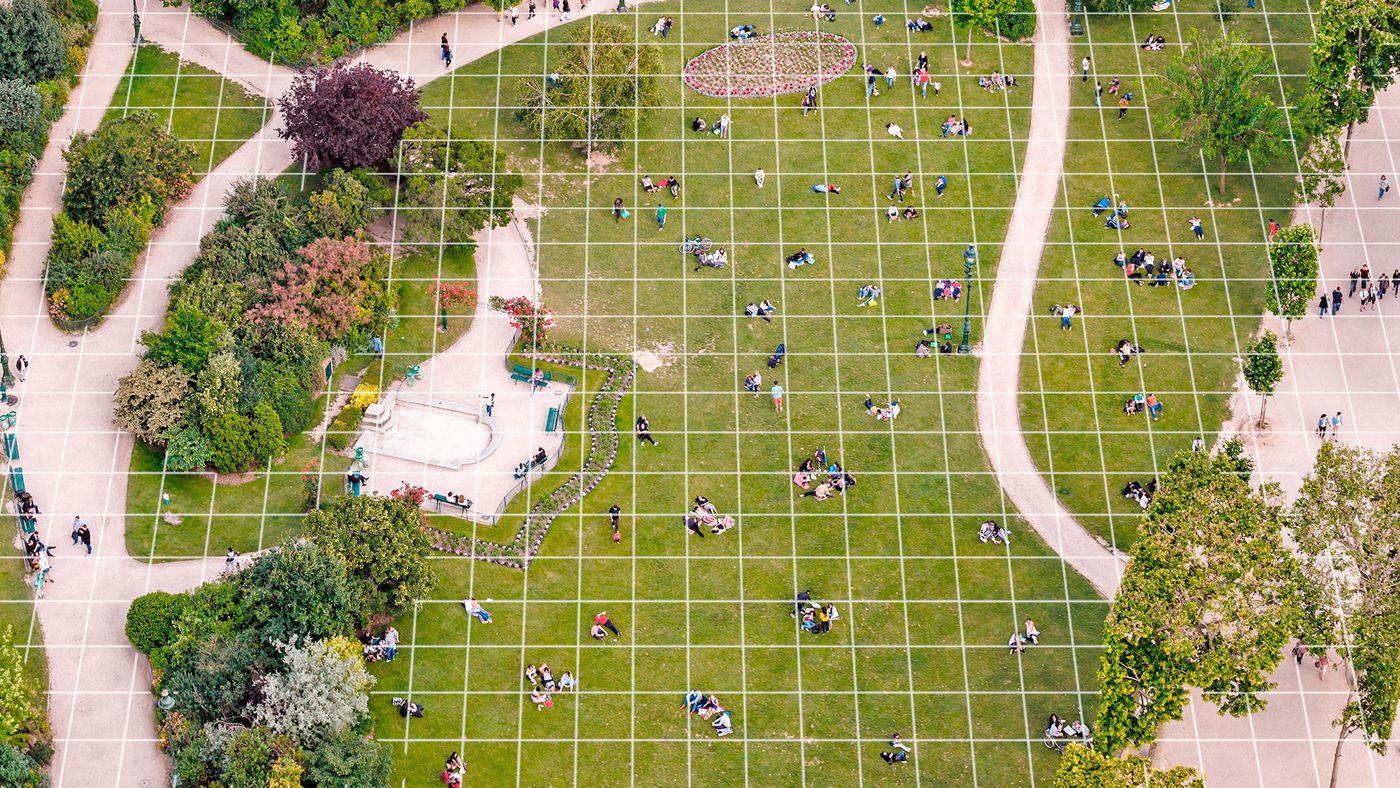
Maybe you want to say that the current address system is perfect enough, and there are very few opportunities to use what3words addresses. In fact, this is not the case. What3words has a very wide range of applications:
- When the address is not accurate enough, or there are multiple entrances and exits (such as large communities, schools, etc., you should feel very much when you call for delivery, and it is often encountered that the delivery person is navigated to different doors QQ)
- The area is wide (such as parks, lawns, beaches, etc., if there are no obvious signs, or there are many people, you can only contact people while walking)
- Mobile buildings (such as yurts, mobile food trucks, campers, etc., without a fixed address)
In addition, if an emergency occurs in the wilderness, mountainous areas and other places that cannot be described by traditional addresses, using what3words address can assist in rapid positioning, narrow the area to 3x3 square meters accurately, and perhaps save a life!
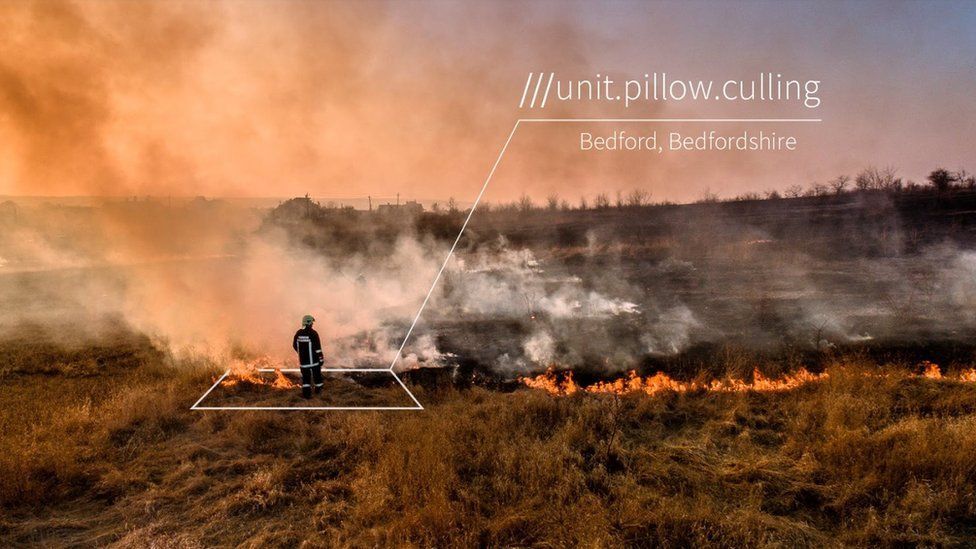
Of course, these can also be done through the GPS positioning system and marking the latitude and longitude coordinates. what3words offers a simpler, more efficient, and less error-prone way, attracting millions of users around the world.
Currently, what3words supports 47 languages, including English, Simplified Chinese, Japanese, Korean, etc.
It is worth noting that these address words are not directly translated (for example, the English 3-word address of a certain place contains the word "apple", and when it is switched to Chinese, "apple" may not appear).
This is because direct translation may lead to situations where a word has more than two meanings (for example, save can be translated as save, save, save, etc.). Therefore, when there is a need to share what3words addresses in different languages, you need to pay special attention to what the new what3words address corresponds to that language.
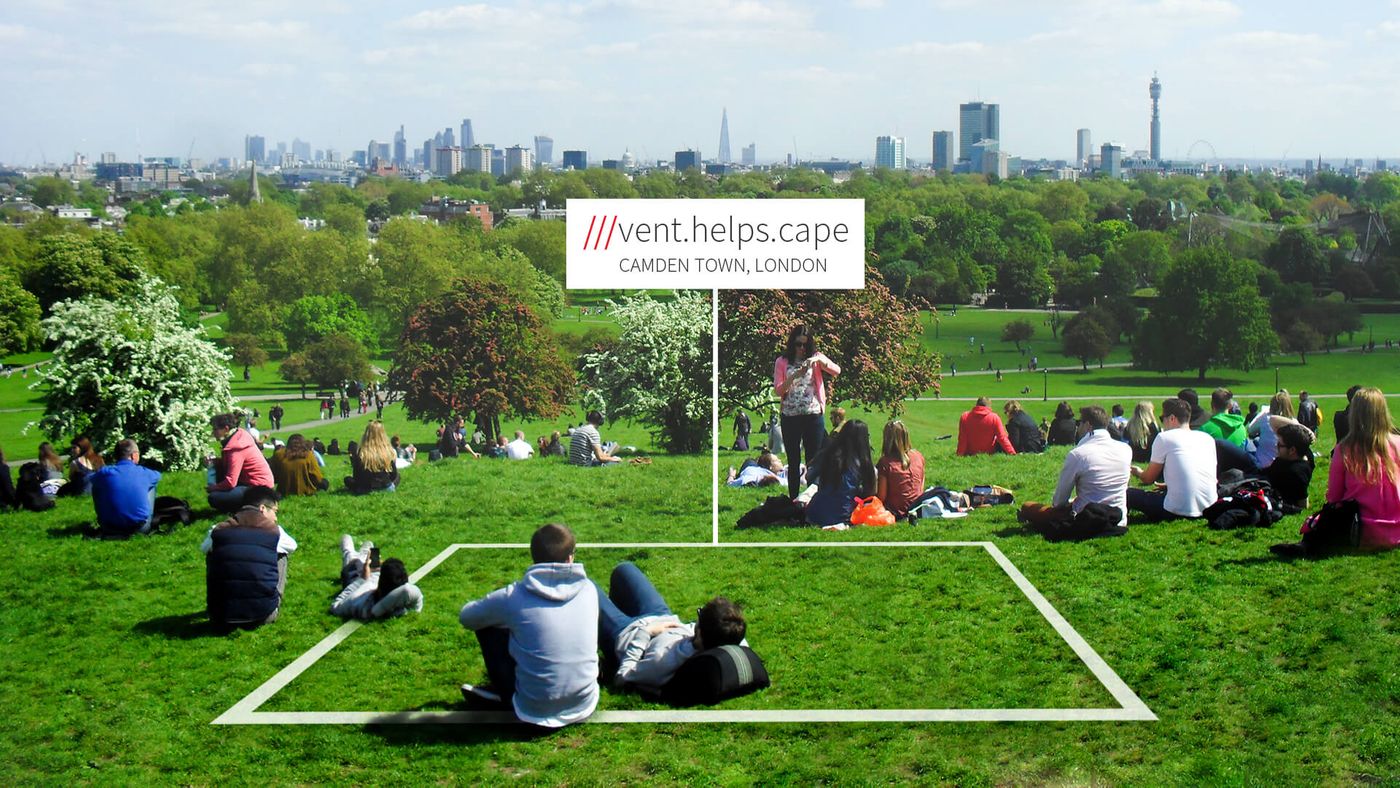
The way to use what3words is very simple:
- Go to the webpage and download the app ( iOS or Android ) to check the what3words address where you are located. Its expression is for example: "///miss.figure.like", the first three slashes represent the what3words address, and the three words are represented by a half-shaped symbol " ." separated.
- Share the three words with your friends in text messages, voice calls, and more. You can also take advantage of the built-in sharing function, copy the link URL, share to social networking sites, and more.
- Then, your friends only need to search for these three words in what3words, and they can find the square you are in. Although what3words address is currently only available in simplified Chinese, according to my test, you can also query it by typing in traditional Chinese!
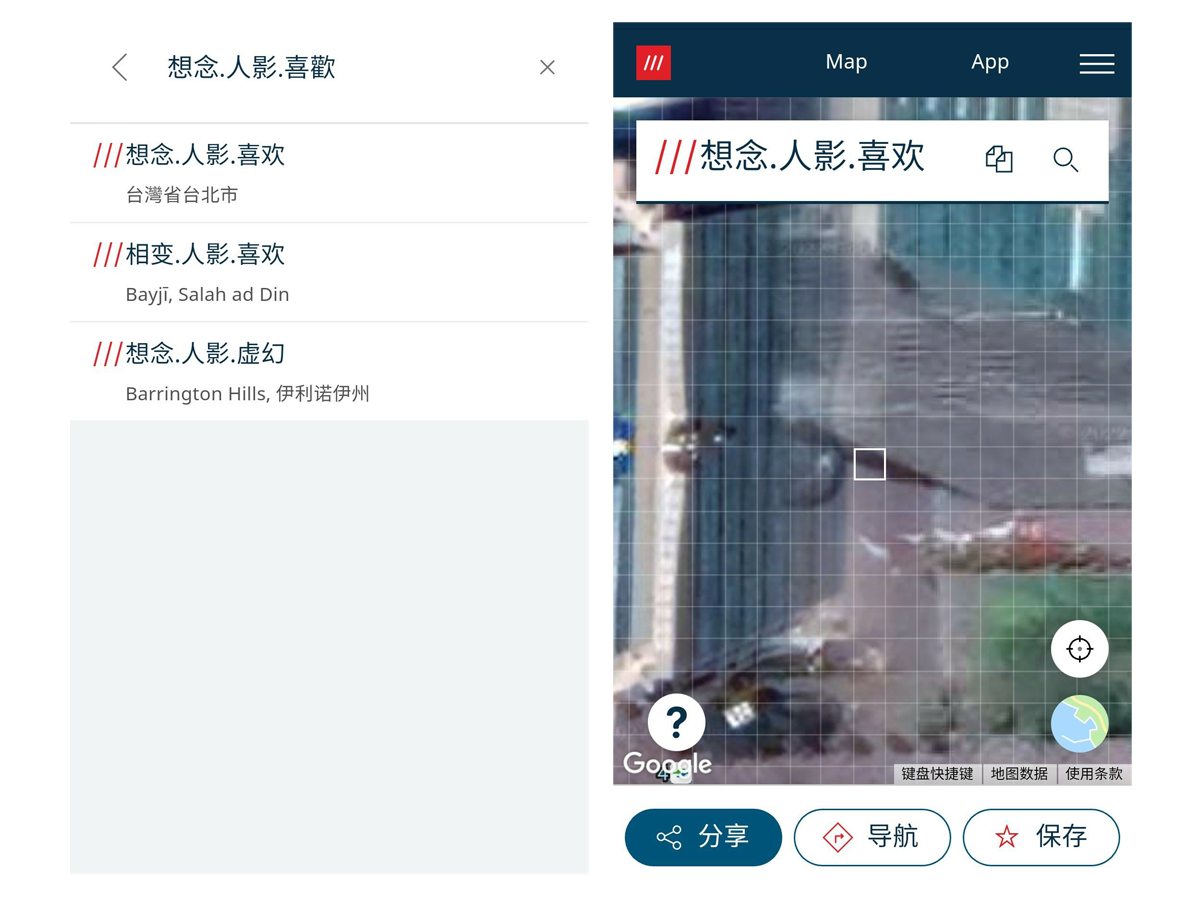
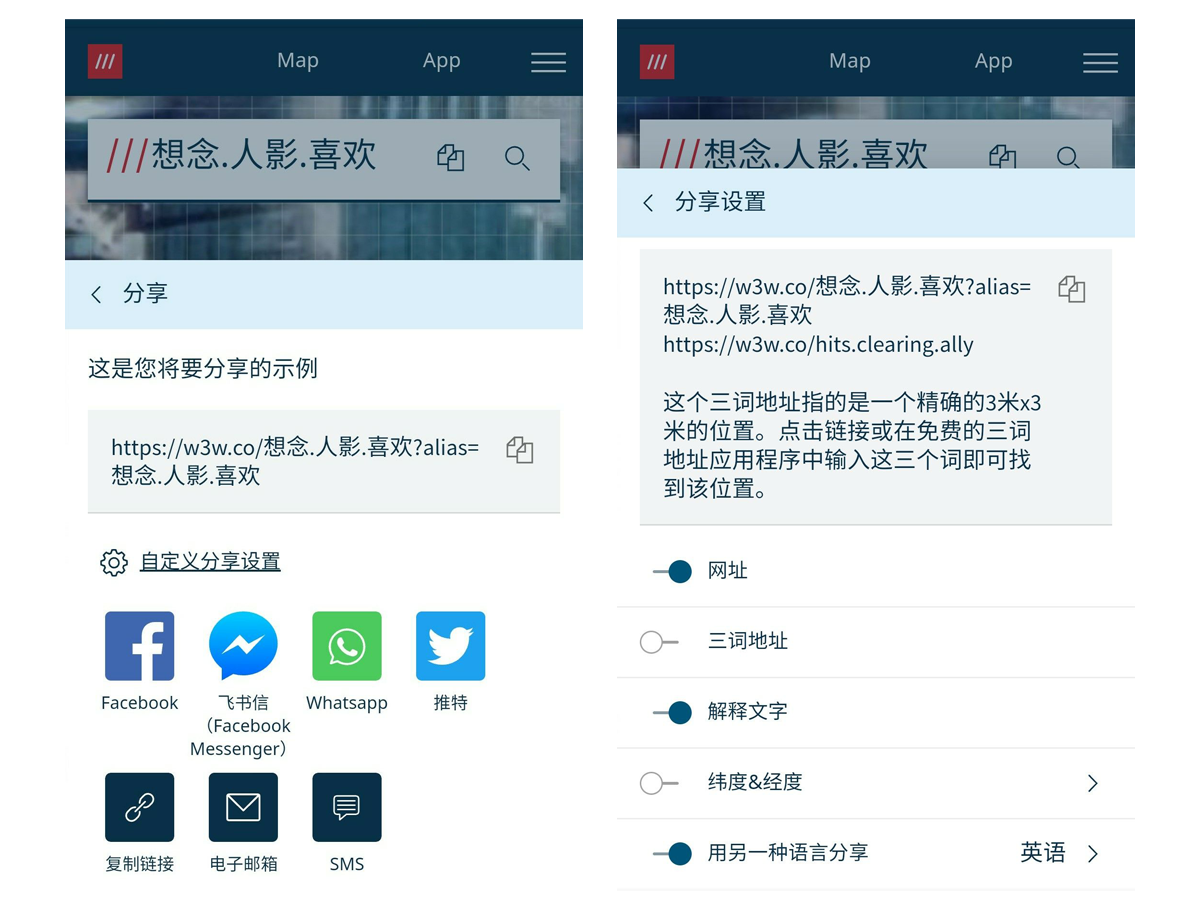
Next time you have a chance, try this fun way to communicate your location with your friends using what3words!
- Official website: https://what3words.com/
- App Stroe download: https://apps.apple.com/gb/app/what3words/id657878530
- Google Play download: https://play.google.com/store/apps/details?id=com.what3words.android&hl=en_GB
Reference source:
(1) What3words official website introduction
(2) Wikipedia
(3) "Smart Saving New Technology: Three Words, Find You in the Ends of the World" on Medium
Like my work? Don't forget to support and clap, let me know that you are with me on the road of creation. Keep this enthusiasm together!
